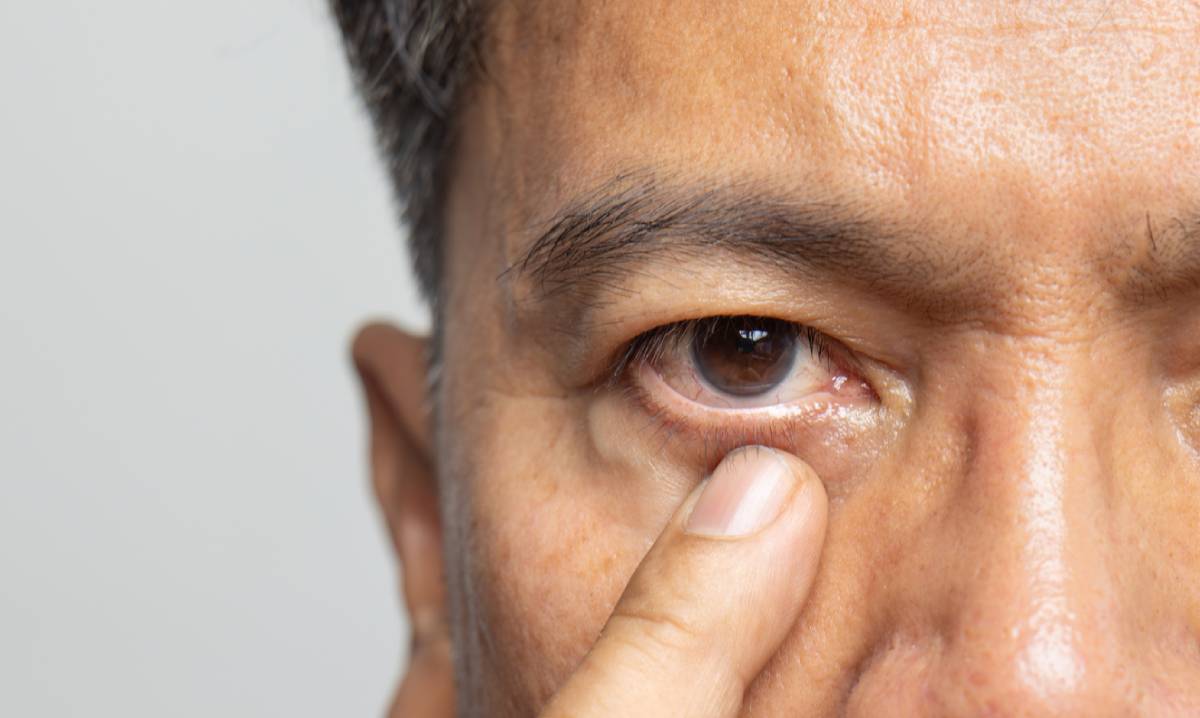Glaucoma is a serious eye condition that impacts over four million Americans. If left untreated, it can lead to vision loss and total blindness. It is characterized by pressure inside the eye called intraocular pressure. The pressure ultimately reaches a point where it damages the optic nerve. Once the optic nerve is damaged, the loss is permanent. You may wonder, can you stop glaucoma? Below, you will find helpful information describing how to intervene if you notice the signs of glaucoma.
Can You Stop Glaucoma?
Glaucoma is a serious condition that can impact your vision long-term if left untreated. The condition cannot be cured. However, you can slow down and manage the symptoms to stop further vision loss. Early detection is a critical factor, so it is important to be proactive. Treatment from qualified eye surgeons can ensure your vision stays in good shape. Below are helpful strategies to lower your risk.
Regular Eye Exams
Eye doctors can detect glaucoma even before symptoms appear. If you are over 40, visit the eye doctor every one to two years. If you are over 65, you should go every six months to one year. You may need to go more often if you are at high risk. Talk with your eye doctor about when and how often you should visit.
Manage Your Health
Certain health conditions increase your risk of glaucoma. This includes high blood pressure, diabetes, and other chronic health conditions. Work with your eye doctor and primary care provider to manage your health conditions. This can reduce your risk of glaucoma and protect your vision.
Maintain A Healthy Lifestyle
Leading a healthy lifestyle has a positive impact on your overall health, including your vision. Living a healthy lifestyle includes eating a balanced diet, getting regular exercise, staying hydrated, and managing stress. Balance is key when it comes to staying healthy. Consistency over time can improve your overall health and reduce your risk for glaucoma.
Protect Your Eyes
Eye injuries can lead to glaucoma. If you work at a job that uses heavy machinery or tools, be sure to wear protective eyewear. If you play contact sports, you should also consider wearing protective eyewear. Partaking in certain activities can increase your risk of glaucoma if certain protective measures are not taken.
Treatment for Glaucoma
Treatment for glaucoma depends on the severity of the condition. An eye care professional can assess your medical history and perform a comprehensive eye exam. Several tests may be done to assess your vision. The tests can reveal your intraocular pressure, the severity of optic nerve damage, and if you have any vision loss. Because the damage caused by glaucoma cannot be reversed, early intervention is important. Below are some of the most common treatment methods for glaucoma.
Eye Drops
Prescription eye drops are often the first treatment option. They are effective in lowering pressure that impacts the optic nerve. Eye drops can be used to reduce the amount of fluid in your eyes. They can also help it drain more efficiently.
Oral Medication
Sometimes, oral medication is used in combination with eye drops. Both medications can reduce the amount of pressure in the eyes. This reduces the risk of harm to your vision.
Surgical Intervention
Advanced cases of glaucoma require more aggressive intervention. This is necessary to reduce the risk of permanent vision loss. An eye surgeon can create a new drainage pathway for the eye fluid. This lowers the pressure in your eyes and protects the optic nerve.
Qualified Eye Surgeons
If you need treatment for glaucoma, contact our experienced eye surgeon, Dr. Ghosheh, and his team at Advanced Eye Medical today to schedule an appointment!

